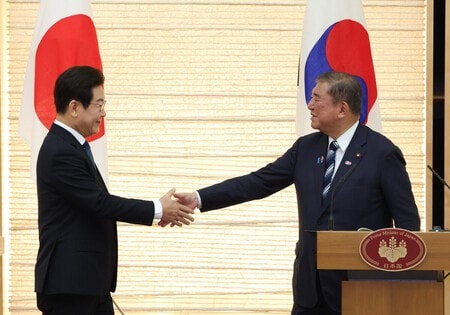Enduring historical disputes between Japan and South Korea continue to fuel anxiety in East Asia. These issues, deeply rooted in contrasting interpretations of their shared past, remain a significant obstacle in bilateral diplomatic relations. Despite attempts at mediation, resolutions remain elusive, further escalating the unease in both countries and beyond.
In Japan, these historical disputes frequently hinge on acknowledgments, or the lack thereof, of events that occurred during the Japanese colonial period. A significant portion of the Japanese public is concerned about South Korea's demands for apologies and compensation, viewing them as excessive or even as exploitations of history for political gain. These disputes also encroach on deep-seated social values about national pride and identity.
In the US or EU, historical disputes between nations aren't typically as consequential to present-day international relations. Diplomatic relations there are usually built more upon recent and future-oriented common interests and areas of cooperation, rather than past events. That said, there have been instances where a nation's past actions, such as those during WWII, continue to influence current diplomacy and public sentiment.

